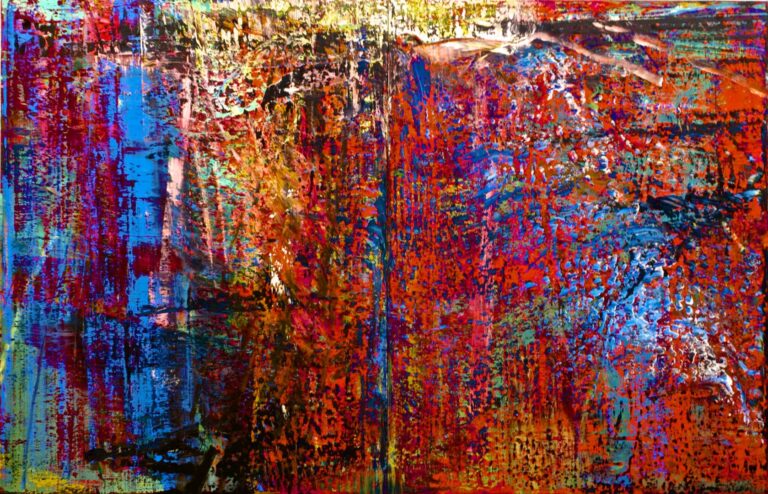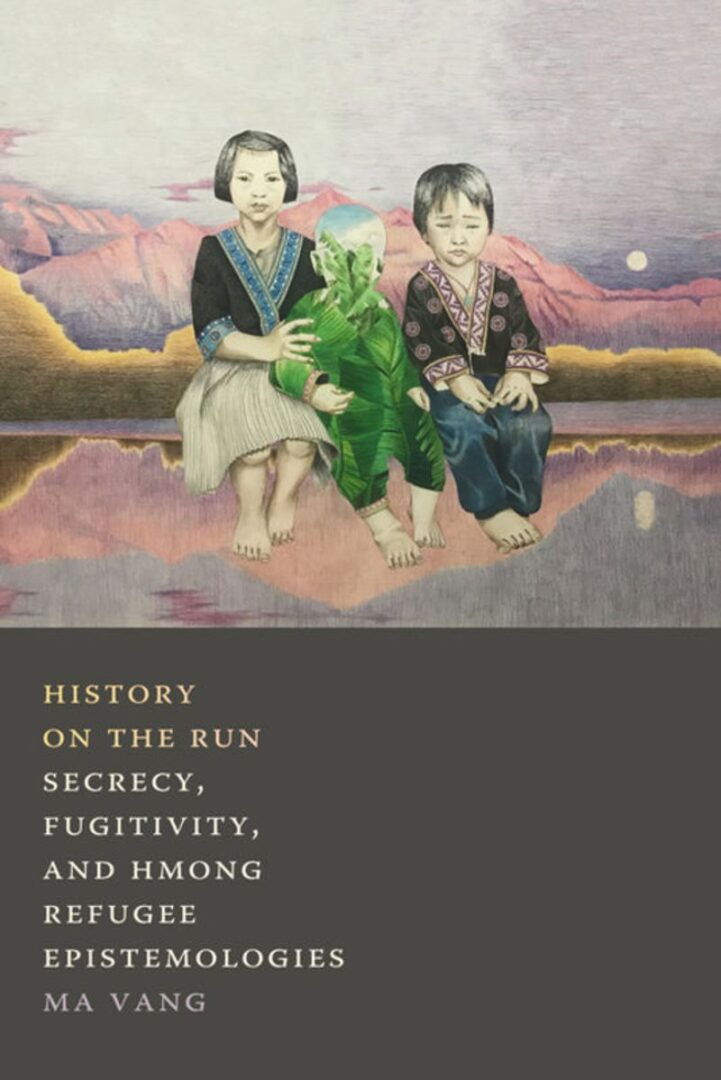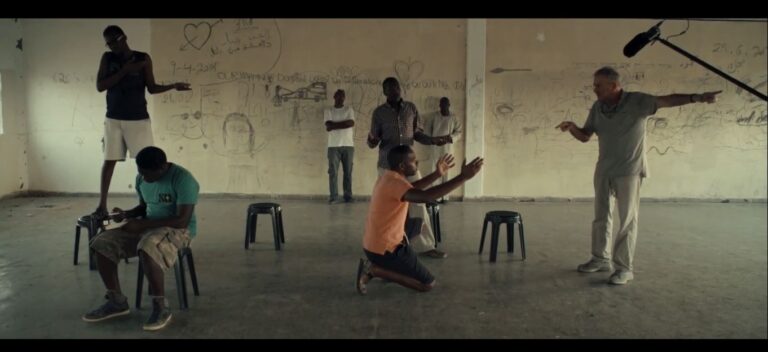This essay investigates the category of the refugee as an instantiation of racial capitalism. To illustrate this conjunction, it first examines international law that defines refugees and, then, looks to specific national jurisprudence that accords different recognition to them. The national contexts discussed are the United States, given that the racial discourse there serves as a ground for the most widely known theorization of racial capitalism via Cedric Robinson’s book Black Marxism: The Making of the Black Radical Tradition, and South Africa, where racial capitalism was first coined. Robinson’s work is briefly elaborated in relation to subsequent scholarship that has engaged and extended the concept of racial capitalism, in relation to the particularities of South Africa racialization, and in relation to zama zamas (unregulated miners, often perceived as foreigners who threaten the Rainbow Nation’s stability in various ways). Given limitations of space, the essay uses the overview of juridical regimes and the excursus on Robinson to rethink the category of refugee. Zama zamas and the history of the South African mining sector as it informs understandings of race are posited as a fruitful direction for further research because these phenomena help to extend the entwinement of race and refugee and the implications of Robinson’s text for understanding refugees anew.
Keyword: refugees
Review of History on the Run: Secrecy, Fugitivity, and Hmong Refugee Epistemologies by Ma Vang (Duke University Press)
In History on the Run: Secrecy, Fugitivity, and Hmong Refugee Epistemologies, Ma Vang deftly answers the question of how one can “recount a history that has systematically been kept secret” by centering Hmong refugees as sources of knowledge and critique (7). Her book scrutinizes the refugee archive to draw out stories that have been secreted away in other places: in a missing baggage claim, in the neutralization of Laos, in redacted documents, in the figure of the uncivilized Hmong soldier, in the naming of a war as “secret,” in the silenced bodies of Hmong women. Her central concept of “history on the run” refers to a form of fugitive knowledge that “does not remain still and cannot easily be found” (8). Vang’s book makes explicit the forms of knowledge that travel with and within refugee bodies, rather than the “official” history of the archive.
Black Skin, White Cameras: African Asylum-Seekers in Israeli Documentary Film
The recent arrival in Israel of thousands of refugees from countries like Eritrea, Ethiopia, and Sudan has triggered a spate of hate crimes and mob violence. Asked about these asylum seekers in 2012, Likud-party member Miri Regev called them a “cancer.” For this comment, she later apologized—not to the African asylum-seekers but to Israeli cancer survivors, and she expressed regret for comparing them to Africans. Around that same time, Interior Minister Eli Yishai of the Shas Party told a reporter that “this country belongs to us, to the white man.” Continuing on, he stated that he would use “all the tools [necessary] to expel the foreigners, until not one infiltrator remains.” While the racial dynamics of Israel have been thoroughly examined with respect to both intra-Jewish tensions (Ashkenazi supremacy) and the Palestinian issue (white settler-colonialism), in this essay, I want to theorize Israeli whiteness with respect to the African refugees. Specifically, I will examine two recent Israeli documentaries dealing with African refugees—Hotline (dir. Silvina Landsmann, 2015) and Between Fences (dir. Avi Mograbi, 2016). Both openly demonstrate solidarity with the African asylum-seekers, but they do so in different ways, and if the former film leaves the racial hierarchies of Zionism intact, the latter works to shatter them.


